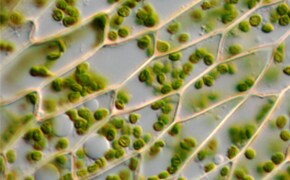細胞・発生生物学研究

細胞・発生生物学研究は、生理学および生化学に基づき、細胞内外の動態を理解するための学際的なアプローチを特徴としています。重点的な領域として、研究内容には細胞シグナル伝達、細胞接着および遊走、細胞死および生存、エピジェネティック調節、細胞増殖および分裂、膜輸送などがあります。
関連資料
- Improper solubilization can potentially result in loss of the peptide/protein and result in failure of the experiment.
- To prevent or minimize peptide degradation we recommend storing the peptide in lyophilized form at –20 °C or –80 °C. Once in solution, the peptide/protein should be stored frozen in individual aliquots to avoid freeze-thaw cycles. Also, prolonged exposure to pH>8 should be avoided, and solutions should be chilled. Finally, prolonged exposure of lyophilized peptides and solutions (especially at high pH) to atmospheric oxygen should be minimized.
- Handling and Storage Guidelines for Peptides and Proteins
- n proliferating cells, the cell cycle consists of four phases. Gap 1 (G1) is the interval between mitosis and DNA replication that is characterized by cell growth. Replication of DNA occurs during the synthesis (S) phase, which is followed by a second gap phase (G2) during which growth and preparation for cell division occurs. Together, these three stages comprise the interphase phase of the cell cycle. Interphase is followed by the mitotic (M) phase.
- 3D細胞培養の概要2D細胞培養と3D細胞培養の比較、3D細胞培養の利点、3D細胞培養技術について紹介します。
- すべて表示 (28)
技術資料の検索
ログインして続行
続きを確認するには、ログインするか、新規登録が必要です。
アカウントをお持ちではありませんか?